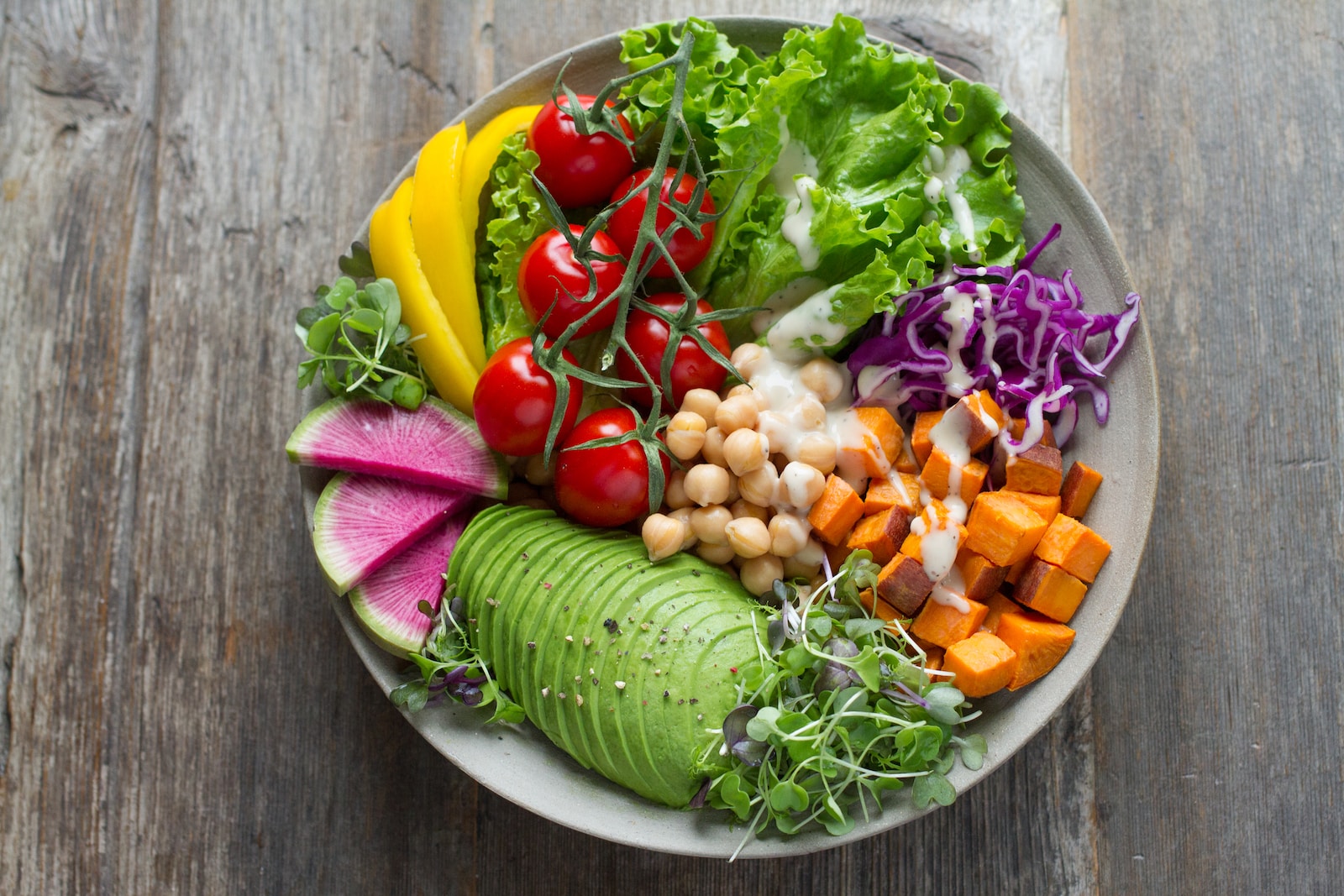Debunking Common Nutrition Myths
Welcome to the world of nutrition myths! Have you ever heard that drinking eight glasses of water a day can cure all your ailments? Or that celery has negative calories, meaning you burn more calories eating it than it actually contains? Unfortunately, these commonly believed nutrition myths have been circulating for years and continue to confuse people seeking health advice.
In this blog post, we aim to debunk some of the most popular nutrition myths out there and provide evidence-based information to help you make informed decisions about your diet. So let’s separate fact from fiction and get started!
Myth: Calories from carbs and sugar are the same
There is a lot of misinformation circulating about calories and carbohydrates. Some people believe that all calories are created equal, while others think that the only way to lose weight is by cutting out carbs altogether. Truthfully, calories from both carbs and sugar are different – and each has its own set of benefits and drawbacks. Here’s a closer look at the two types of calories, how they’re processed in the body, and what effects they have on your health.
What are Carbohydrates?

Carbohydrates are compounds made up of carbon, hydrogen, and oxygen atoms. They include everything from simple sugars like glucose to longer chains like starch. The most common type of carbohydrate is glucose, which is found in eggs, grains, fruits, and vegetables.
Why Are Carbohydrates Important?
Carbohydrates are important for two main reasons: They provide energy for workouts and activities throughout the day, and they are essential for the body’s manufacturing of proteins and other vital nutrients. In terms of fuelling your day-to-day activity level, carbs provide quick bursts of energy that help you sustain long periods of activity or work. And when it comes to building muscle tissue or recovering from an intense workout regimen, carbs are essential – they’re one of the muscle-building nutrients your body needs to produce new protein molecules.* Conversely, depriving yourself of carbs can result in fatigue , muscle loss , impaired cognitive function ( foggy thinking ),and even depression.
How Are Carbohydrates Processed in the Body?
Carbohydrates are broken down into glucose molecules by the body’s cells. Glucose is then transported throughout the body where it is used for energy (in minutes), or stored as glycogen in the muscle and liver (in days).
What Are the Health Benefits of Carbohydrates?
Some of the health benefits of carbohydrates include: ensuring steady energy levels throughout the day, supplying important nutrients for protein synthesis and repair, boosting immune function, reducing inflammation and heart disease , helping you lose weight , and preventing mood swings and depression . In addition, research suggests that consuming carbs regularly may help Reduce risk of developing type 2 diabetes and other chronic diseases. Bottom line:carbohydrates are an essential part of a healthy diet – make sure to get your recommended intake per day.
Myth: You need to eat 5-6x daily
There is a lot of misinformation out there about what nutrients you need and how much you should be eating. One common nutrition myth is that you need to eat 5-6x daily to stay healthy. In fact, research shows that most people only need to eat 1-2x per day to get the recommended levels of key nutrients. And importantly, eating more than once per day can actually contribute to weight gain and health problems. So don’t let myths about nutrition keep you from enjoying your meals or reaching your health goals1.
The key nutrients that are needed for overall health are protein, carbohydrates, and fat. The recommended intake for each varies depending on your age and sex, but in general, adults should consume around 50 grams (1/2 cup) of protein per day, 20-35 grams (1/4-1/3 cup) of carbohydrates per day, and 5-10 percent of their total daily calorie intake from fat. Planning your meals around these guidelines will help ensure you’re getting all the nutrients you need and helping you maintain a healthy weight.
Myth: Protein will make you gain weight
Many people erroneously believe that eating protein will make them gain weight. This is not only untrue, but also potentially harmful. In fact, consuming adequate amounts of protein can actually help keep you healthy and prevent weight gain.
There are a few main reasons why eating protein can help promote weight loss: First, the satiating effect of protein can mean that people eat less overall over time. Second, the Conversion Theory suggests that proteins are more easily converted into energy than other foods, which can lead to calorie burning and weight loss. High-quality proteins contain all nine essential amino acids which have been shown to play a role in maintaining muscle mass and preventing weight gain.
To avoid any potential health risks, it is recommended that people consume around 20-35 grams of protein per day. This can be found in a variety of foods, including animal proteins such as meat, poultry and fish, as well as plant-based proteins such as legumes, nuts and grains.
Myth: Fats are bad for you
Fats are essential for human nutrition, and can be beneficial to your health. Different types of fats are necessary for different parts of your body.
Good fats include unsaturated fats, such as omega-3s, omega-6s, and monounsaturated fats. Unsaturated fats are important because they help keep your heart healthy by reducing the risk of heart disease. Monounsaturated fat can help reduce the chances of chronic diseases like obesity, diabetes, and cancer.
Bad fats include saturated fat and trans fatty acids. Saturated fat increases the risk of heart disease and some forms of cancer, while trans fatty acids increase the risk of coronary heart disease. It’s also important to limit your intake of processed foods that contain a lot of unhealthy fats. Instead try to eat whole foods that have been naturally fortified with vitamins, minerals, and antioxidants.
In summary, fat is an important part of a healthy diet and can help reduce the risk of chronic diseases. However, different types of fats are necessary for different parts of your body and it’s important to limit your intake of processed foods that contain unhealthy fats.
Myth: Vegetables are better than meat
Some people believe that vegetables are better for their health than meat. Is this really true?
There is no one-size-fits-all answer to this question, as the best way to get nutrients from food depends on your specific diet and health needs. However, a review of the research published in The American Journal of Clinical Nutrition found that there is not enough evidence to support the idea that vegetables are healthier than meat. In fact, several studies have suggested that including more meat in the diet can help to reduce the risk of heart disease and other chronic diseases.
In general, both meat and vegetables contain important nutrients such as protein, fiber, monounsaturated fat, and antioxidants. While each has its own unique benefits, including different types of vitamins and minerals, it’s important to make sure that you are getting enough of all these essential nutrients – not just one type over another.
Ultimately, what is most important for your overall health is to make sure that you are eating a balanced and nutritious diet that includes a variety of foods.
Conclusion
I hope that this article has debunked some of the more common nutrition myths and shown you the truth behind what you are eating. Understanding the science behind foods can help you make better informed decisions about what to put into your body, which will in turn lead to healthier living. I encourage you to continue exploring different aspects of nutrition so that you can create a healthy balance for yourself.
I would also like to take this opportunity to remind you that nutrition is a complex topic, and there is no one-size-fits-all approach when it comes to diets. What works for one person may not work for another, so always consult with a health professional if you have any concerns about your diet or are struggling with an eating disorder.






